Traveling internationally can be frustrating and confusing. There are many things to consider even before you have picked a destination. Once you’ve decided where to go, then you need to know about entry requirements, vaccines, money, and more. Someone recently asked me what they needed to do before traveling internationally. At first, I didn’t know if she meant traveling during coronavirus, or just in general. But I soon had my answer: she simply wanted to know what I recommended doing prior to traveling abroad. While this will depend a lot on your personal day to day life, family, job, and so on, there are a few things that we should ALL be doing before traveling internationally.
In this current coronavirus and the eventual post-coronavirus travel climate there are more things you need to consider, which I’ve considered and listed at the beginning.
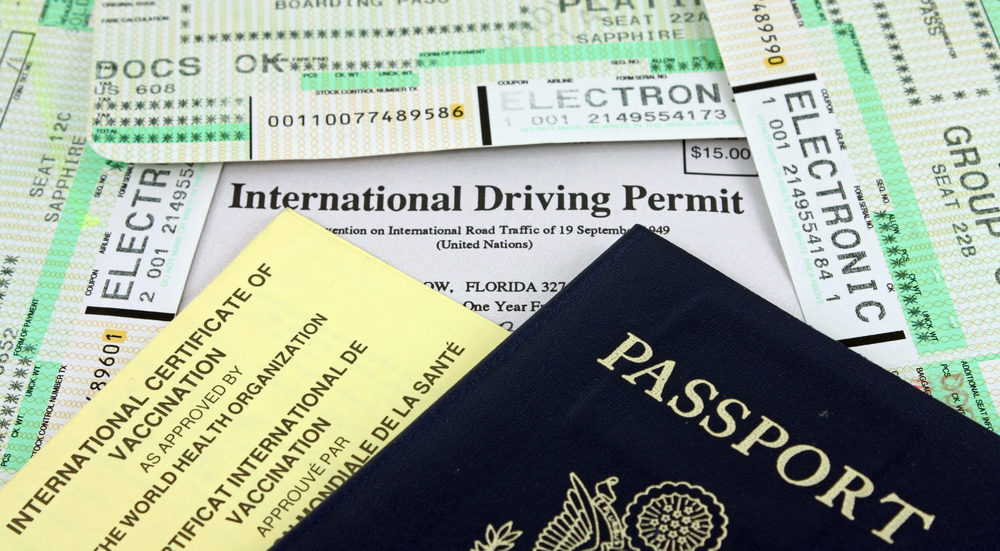
While this depends a lot on your personal day to day life, there are a few things that we should ALL be doing before traveling internationally.
Six Things to do Before Traveling Internationally
Pay Attention to Any Travel Alerts and/or Register With STEP
This is super important these days, when there are various restrictions in place for every country in the world. Some of these are only quarantines if you come from a certain country while others limit arrivals from anywhere.
A good travel advisor can help you navigate these restrictions and alerts, but if you are planning on your own make sure you keep up to date with the US State Dept website. There are some other articles that are staying fairly current as well, but your best bet is to check directly with government websites.
Registering with STEP (Smart Traveller Enrolment Program) keeps you informed of travel alerts, helps the US Embassy contact you in case of civil unrest or natural disaster, and is a way for family and friends to reach you in case of emergency.
Related: Coronavirus Travel Restrictions by Country
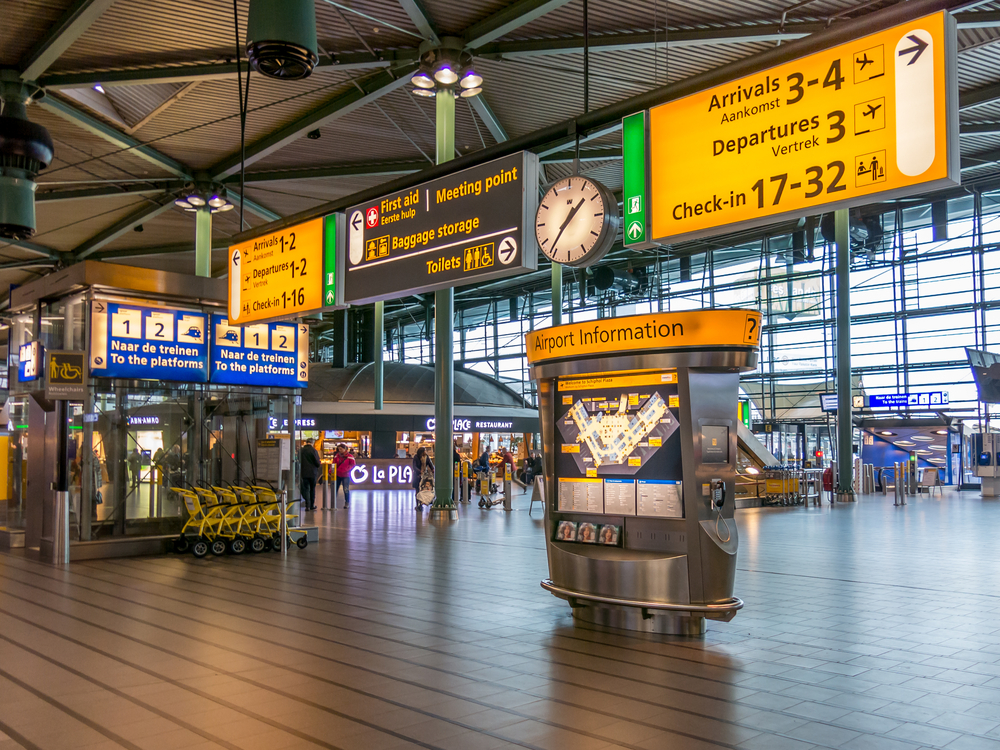
TasfotoNL / Shutterstock.com
Check Visa Regulations and Travel Requirements
At the time of writing, US citizens traveling on a tourist visa cannot enter the European Union, Australia, New Zealand, Canada – among others.
Americans often assume that they can simply show their passport and gain entry into any country. But that is not the case. Yes, we have a powerful passport, but many countries require visas, visa waivers or “electronic travel authorities”. These can sometimes be acquired on arrival at the airport (Indonesia, Nepal) whereas others need to be gotten in advance (Australia, New Zealand). Some counties require a visa even if you are just transiting the airport.
- What are Brazil’s Visa Requirements for US Citizens?
- Exploring China Without Enduring the Tourist Visa Process
- Vietnam Tourist eVisa Process
If you’re planning to stay a while, make sure you have the right visa, otherwise you could find yourself fined and deported or even banned for some time.
Some countries want to know if you’ve ever been arrested or charged with a felony – which can get you denied entry. Notably, Canada and Australia won’t allow you to enter if you’ve ever had a DUI. (In some cases this can be expunged however it seems to be a lengthy and expensive process.)
And finally you need to check on health requirements. Today we see that most in countries requiring a negative coronavirus test within 72 hours of arrival. But it applies to other vaccines as well. To enter certain African countries, for instance, you need proof of a yellow fever vaccine at least 10 days prior to departure. The CDC and WHO websites list these. The US State Dept travel pages also have vaccination lists on individual country pages.
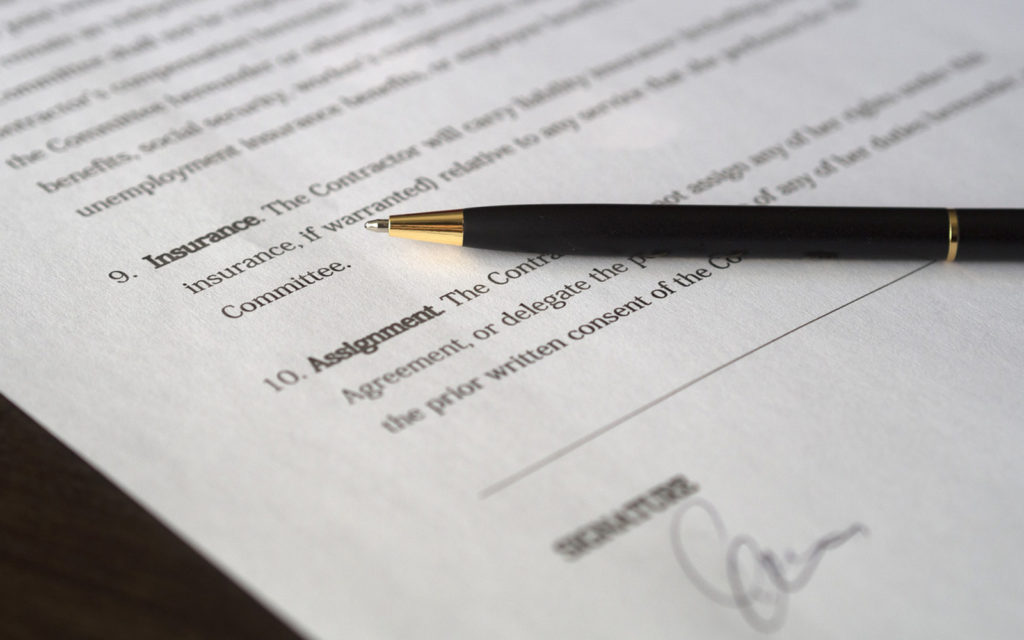
Make Sure You Understand Your Travel Insurance Policy
Do You Know What Travel Insurance Covers?
HUGELY important right now. Travel insurance does not cover cancelling your trip out of fear of getting sick, nor does it cover not being able to get into a country due to coronavirus travel restrictions. The covid-19 pandemic has been a “known event” since late January, so anyone planning to travel does so at their own risk. It is ALWAYS best to speak directly to an insurance agent with your questions. A travel advisor will always recommend insurance to protect your investment but cannot legally answer questions.
But let’s talk about why you should purchase travel insurance anyway. This is a topic that’s lengthy and legalese, but in a nutshell:
You should purchase travel insurance in case of any flight delays, lost or delayed baggage, medical expenses incurred abroad, or needing to cancel for a covered reason (which are always listed in the policy). Credit card insurance often has limitations or conditions; if you plan to use it make sure you know what it covers and (more importantly) what it does NOT cover.
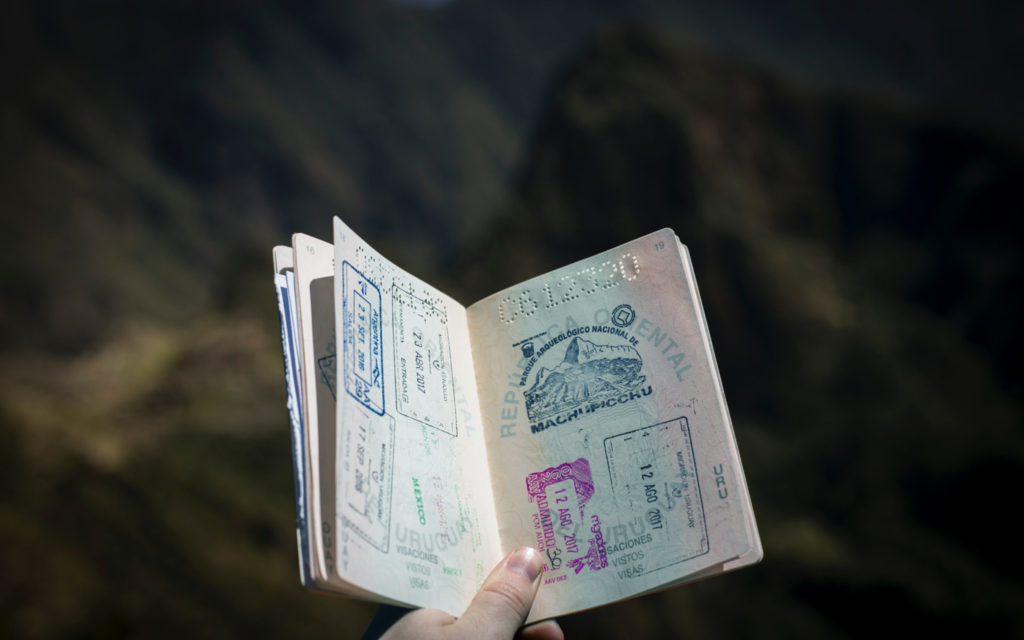
Make a copy of any important documents: passport, visa, license, etc.
Copy Any Important Documents Before Traveling Internationally
Typically, I recommend having two copies of your passport. One with you while you travel and one in a safe place at home that a friend or family member can access for you. I go one step further and also have a picture of my passport on my phone.
If you plan to drive overseas, know what you need. Going to Europe? You very likely need an international drivers permit. License not in English? You will need a translation.
In case your passport is stolen, having a copy helps expedite the process of an emergency passport so you can return home. Copy any visas as well.

Provide Friends or Family With a Copy of Your Itinerary
If you are city-hopping through Europe, then leave a broad itinerary with someone at home. It doesn’t need to be detailed – they don’t need to know what tours you’re on each day – but a rough outline of where you plan to be. If something happens in one of your destinations, someone knows where you are. It’s also helpful to leave a contact number in each place, like the hotel, in case you cannot be reached on your mobile.
If you’re using a mobile app (I use Axus for my clients’ itineraries), you can set it up so your friends and family are either included on the itinerary, or you can set a second one without the details. Designate someone at home as an emergency contact too – they can alert others if there is any problem.
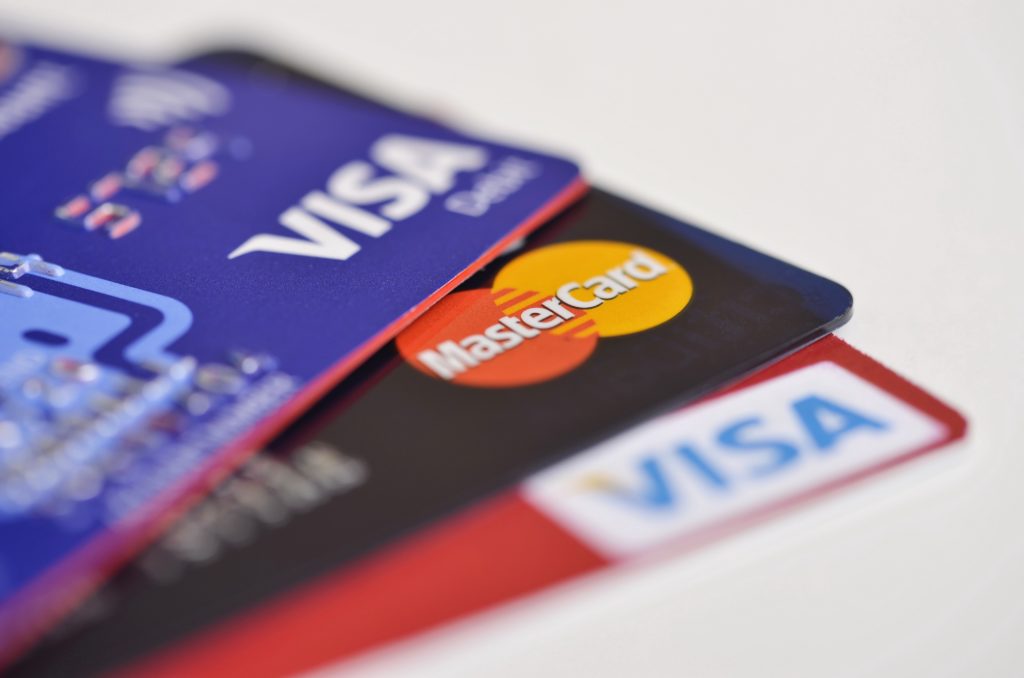
Put Travel Notices on Your Credit and Debit Card
This is especially important if you don’t travel a lot. One transaction that looks suspicious to your bank, and your card can be frozen instantly. Even if you travel regularly, placing a notice on the card can ensure you don’t get a call from the bank verifying you were in fact trying to use the card at an ATM in Malaysia. I travel a LOT, and my card was flagged at a gas station in South Carolina – six hours from home. I hadn’t even considered putting a notification on the card since I’ve used it all over the world.
These are my six important things to do before traveling internationally. And here are some minor ones:
- If you’re planning on using your cell phone, make sure you have an international plan. Know what it includes, too, because you don’t want to come home to a thousand dollar phone bill all because you were Instagramming your way through the Greek islands.
- Make pet arrangements. Are you a serious planner? Designate an emergency person and let the doggy daycare know. If you are delayed, that person can pick up your furry friend.
- Draft an emergency plan. How will you get home if something happens? (Insurance can sometimes help with this.) Who will you contact? If you cannot contact someone, is there a set amount of time that has to pass before THEY try to contact you or reach authorities in your destination?
Final Thoughts
We know travel is unpredictable and for many of us that’s the fun part. It’s an adventure and there’s something enticing about a little risky business. But because travel is unpredictable it is important to do these things before traveling internationally.
The responses below are not provided or commissioned by the bank advertiser. Responses have not been reviewed, approved or otherwise endorsed by the bank advertiser. It is not the bank advertiser's responsibility to ensure all posts and/or questions are answered.
7 comments
I guess the big issue is health insurance and repatriation. Even if your premium credit card provides these insurances in general, pandemics might be excluded from coverage. You don’t wanna catch covid-19 while traveling and not have any coverage…
Hi John, great point. It definitely depends on the insurance policy… pandemics in general ARE excluded however some insurance companies may cover you if you get sick ON the trip. None except CFAR cover cancelling over fear or even a travel ban, or if you get sick BEFORE the trip. This is why I ALWAYS tell clients they MUST read the policy and also ask questions of the insurance company directly.
What international destination (not Carribbean) would you go to out of the places that are allowing US citizens right now?
Hi Ravi… well, right now I would suggest Americans stay within their own country. I am not advocating travelling abroad right now…
However… Mexico is open if arriving by plane though. Other places have turned Americans away, including ones that have said they’re allowing Americans in.
If you are an American living ABROAD (expat, residence visa, etc), and you want to travel, then I suggest traveling within whatever country you are living in and to not cross borders in case you are sent back to the US and not the country you are living in… which has also apparently happened.
I also STRONGLY recommend that travellers reach out to the embassy for the most up to date information and NOT rely on blogs or websites which may be out of date, or Facebook forums, comments from friends, etc…
Nice list. I tend to email a copy of my passport and any other relevant documents to myself so if I’m robbed or lose my documents, replacing things gets a bit easier. I also take a picture of the back of any credit cards I’m taking so I have the phone number to call if there’s a problem. I just cover the credit card number itself except the last 4 digits. I’ve never needed these precautions before but like any precaution you either don’t need it at all or need it badly.
As to travel insurance, there’s one huge bone that I have to pick with every major company that I’ve checked into: primary coverage. My workplace provided health insurances have been valid for international sickness. Sounds great, right? Nope, at least not in conjunction with travel insurance. What you have then is two companies playing hot potato with your medical bills with you stuck in the middle. Since both companies are fighting not to pay out, you get the evil eye or worse. Foreign hospitals will often require payment before allowing you to leave. How do you handle that with a five figure bill? To make things worse, most travel insurance companies will not clearly state in advance if the coverage they’re selling you is primary or secondary. It’s a shame really, because I’d be good with paying for only medevac and repatriation coverage but I’ve gotten discouraged hunting up a company that will let you pick the items you want from a list.
Travelex is primary and its the one I suggest to clients. Have never had any issues with them. I agree its a very tricky subject and tough to understand — I always direct clients to Travelex to ask questions for legal purposes. you might look into MedJet for the medevac only, but you would want a travel insurance to get you to the hospital before MedJet kicks in.
Great tips! For short and long term travelers (my normal ‘holiday’ ramblings are 3-4 months) I suggest being familiar with your methods to get local cash. ATMs are ubiquitous worldwide but make certain you understand the fee scheme. My preferred is a Schwab free checking account which includes free ATM fee reimbursement worldwide. Also many worldwide ATMs will present the option of performing the currency conversion for you. Always decline! Your major card banks will give you the current world exchange rate not a local rate with a steep markup. In Thailand last December the ATMs at BKK arrival hall marked up more than 10%, for example. In many countries that I visit cash payments in local currency will save as much as 30% on lodging made direct to the owner. Safe travels everyone!